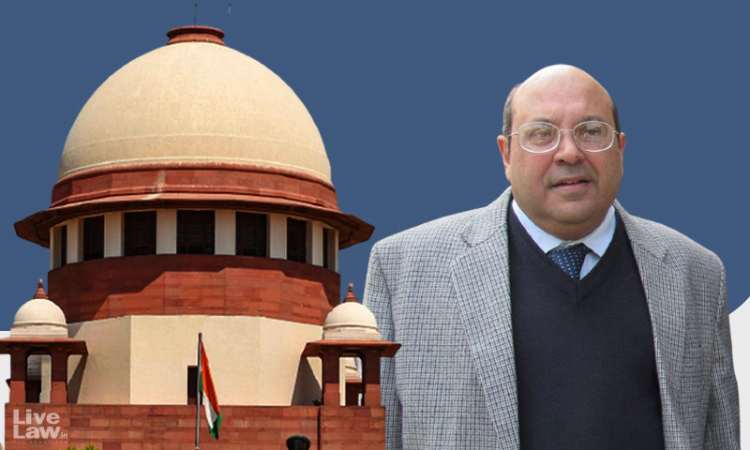Justice Nariman Advises Youngsters To Do Diverse Studies : 'More You Take Things Outside Law, More It Helps You With Law'
Sharmeen Hakim
14 Aug 2021 12:19 PM IST

Next Story
14 Aug 2021 12:19 PM IST
Retired Supreme Court judge Justice Rohinton Nariman advised young lawyers and students to do as much diverse studies as they can of things outside the field of law."The more diverse your experience in life, the more you have to do with subjects other than the law, the more it helps you in the law. Peculiar as it may sound. Because the law is greatly interconnected, and you realize this as...
